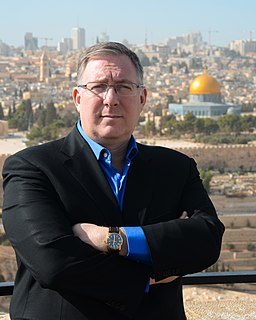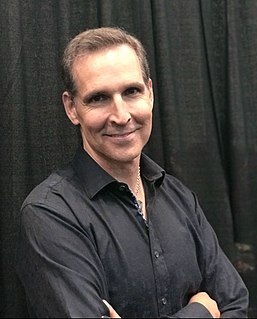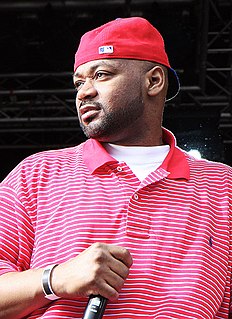A Quote by John Piper
So the main question is not, Which humans brought about the death of Jesus but, What did the death of Jesus bring about for humans - including Jews and Muslims and Buddhists and Hindus and nonreligious secularists - and all people everywhere?When it is all said and done, the most crucial question is: Why? Why did Christ suffer and die? Not why in the sense of cause, but why in the sense of purpose?
Related Quotes
If you're a history buff, you know about J. Edgar Hoover. He was likely the most powerful man in the US. If you start reading about him, the books contradict each other constantly. I was often left with very little sense of the man personally. I had a sense of what he did and didn't do and what people disagreed about whether he did this or didn't do this or that, but I was like, "Why? Why was he doing all of this?" That was my big question.
When I decided to write about my brother and friends, I was attempting to answer the question why. Why did they all die like that? Why so many of them? Why so close together? Why were they all so young? Why, especially, in the kinds of places where we are from? Why would they all die back to back to back to back? I feel like I was writing my way towards an answer in the memoir.
I've heard plenty of Christians try to answer the why question by going back to the what. "You have to believe because Jesus is the Son of God." But that's answering the why with more what. Increasingly we live in a time in which you can't avoid the why question. Just giving the what (for example, a vivid gospel presentation) worked in the days when the cultural institutions created an environment in which Christianity just felt true or at least honorable. But in a post-Christendom society, in the marketplace of ideas, you have to explain why this is true, or people will just dismiss it.
The key question isn't "What fosters creativity?" But why in God's name isn't everyone creative? Where was the human potential lost? How was it crippled? I think therefore a good question might not be why do people create? But why do people not create or innovate? We have got to abandon that sense of amazement in the face of creativity, as if it were a miracle that anybody created anything.
You know I told the Lord, "Why can't I just move in healing and forget talking about all that other stuff." He said: " Because, Todd, you've got to get the people to believe in the angel". I said, "Why do I want people to believe in the angel. Isn't it about the people believing in Jesus?" He said, "The people already believe in Jesus but the church doesn't believe in the supernatural."
Why are there beings at all instead of nothing? That is the question. Presumably it is not arbitrary question, "Why are there beings at all instead of nothing"- this is obviously the first of all questions. Of course it is not the first question in the chronological sense [...] And yet, we are each touched once, maybe even every now and then, by the concealed power of this question, without properly grasping what is happening to us. In great despair, for example, when all weight tends to dwindle away from things and the sense of things grows dark, the question looms.





































